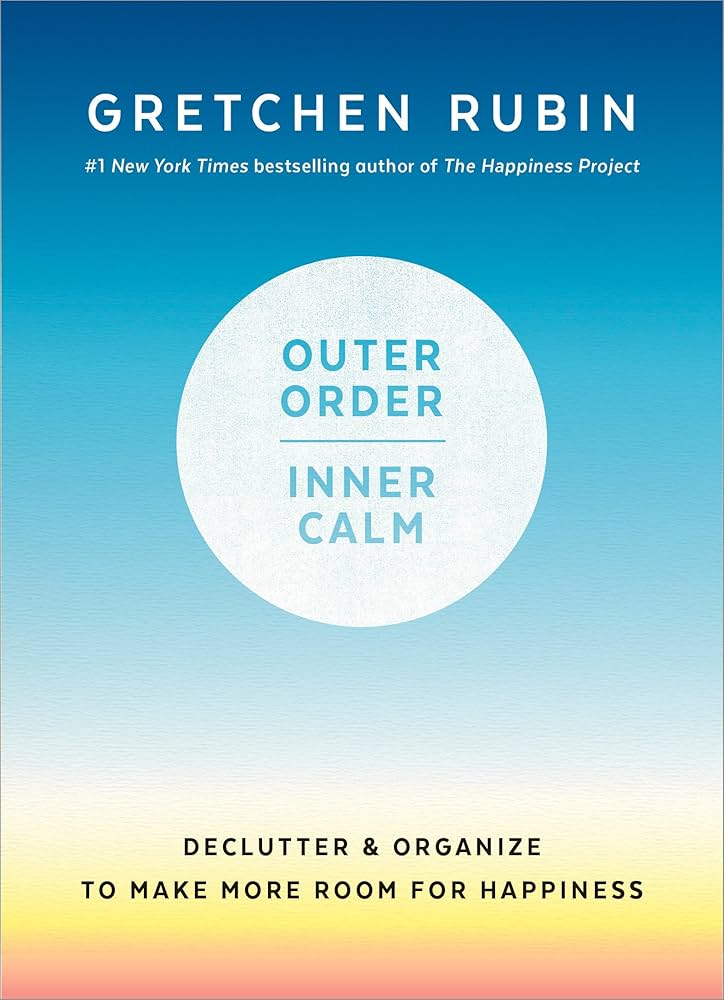Lesson 1
We all have those nights when we are in desperate need of sleep but our minds won't calm down. Your thoughts are flowing one after another without any control. Maybe it is due to something that happened, or something that you are feeling anxious about might happen. No matter how comfortable you try to get in your bed, thoughts keep flooding your head. Your strength progressively drained away, leaving you feeling fragile and broken. And by the time night is over, you were exhausted, bad-tempered and thoroughly miserable. As it happened, throughout the day you remained unproductive due to lack of sleep and everything seemed to be falling apart.
Researches around the world have been conducting in-depth studies about how to tackle anxiety, stress, exhaustion and depression. The lessons of this insight are based on the Mindfulness-Based Cognitive Therapy (MBCT) that grew out of the work of Jon Kabat-Zinn at the UMass Medical Center in America. The MBCT program was originally developed by Professor Mark Williams, John Teasdale at Cambridge and Zindel Segal of the University of Toronto. It was designed to help people who had suffered repeated spells of depression to overcome their illness. Clinical trials show that it works. It's at least as effective as antidepressants and has none of its downsides or side effects. The program is now one of the preferred treatments recommended by the UK's National Institute for Health and Clinical Excellence. The MBCT technique revolves around a form of meditation. It is simple enough to be used by everyone.
Meditation is extremely beneficial and has been proven through clinical research. Regular meditators are happier and more contented than others, and it reflects in their positive attitude towards life. Studies have found that meditation reduces the key indicators of chronic stress, including hypertension and that regular meditation can reduce anxiety, depression and irritability. Meditation can also boost our immunity. However, there are several myths related to meditation. Meditation has nothing to do with religious beliefs. It is a method of mental training. It is not necessary to sit cross-legged every time; sitting in a chair will do just fine. Mediation needs to take a lot of time, though some amount of patience is required.
Mindfulness operates on two levels. First and foremost is the core mindfulness meditation program. This includes a series of simple daily meditations that can be done almost anywhere and can last from three to twenty minutes. It also encourages us to break some of the unconscious habits of thinking and behaving that stop us from living life to the full. Many negative thoughts arise due to our habits which
Unlock Knowledge with Wizdom App
Explore a world of insights and wisdom at your fingertips with the Wizdom app.
 1 Million+ App Download
1 Million+ App Download  4.9App Store Rating
4.9App Store Rating 5000+Summaries & Podcasts
5000+Summaries & Podcasts









